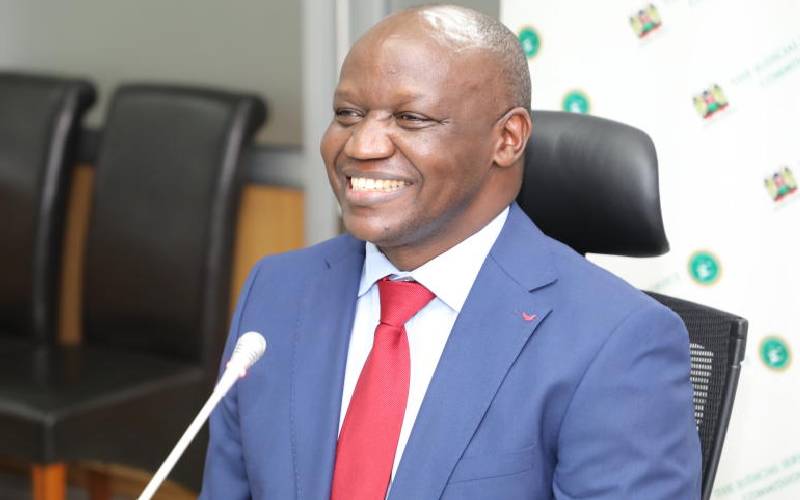×
The Standard e-Paper
Home To Bold Columnists

High Court Judge Luka Kimaru
A murder convict, the late Stephen Nyakwaka will posthumously go into history books for triggering yet another landmark change of criminal law.